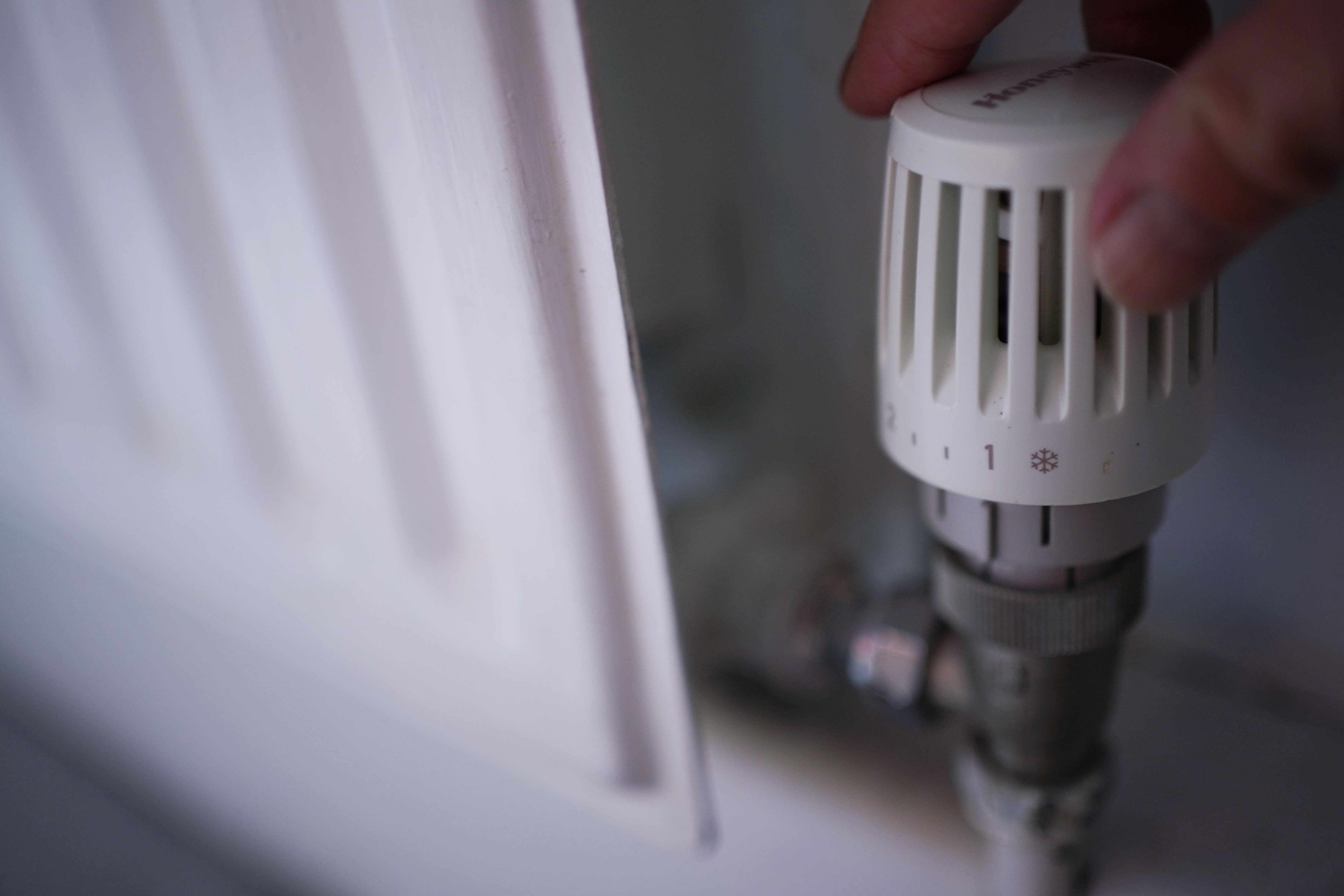12 million households now spending more than 10% of income on energy bills
Energy UK chief executive Emma Pinchbeck told MPs that customer requests for additional support were up 300% on previous years.

Your support helps us to tell the story
From reproductive rights to climate change to Big Tech, The Independent is on the ground when the story is developing. Whether it's investigating the financials of Elon Musk's pro-Trump PAC or producing our latest documentary, 'The A Word', which shines a light on the American women fighting for reproductive rights, we know how important it is to parse out the facts from the messaging.
At such a critical moment in US history, we need reporters on the ground. Your donation allows us to keep sending journalists to speak to both sides of the story.
The Independent is trusted by Americans across the entire political spectrum. And unlike many other quality news outlets, we choose not to lock Americans out of our reporting and analysis with paywalls. We believe quality journalism should be available to everyone, paid for by those who can afford it.
Your support makes all the difference.Around 12 million households or about 40% of customers are now spending more than 10% of their income on energy bills – the previous definition of fuel poverty, MPs have heard.
Emma Pinchbeck, the chief executive of Energy UK, which represents suppliers, told the Business, Energy and Industrial Strategy Committee that customer calls to suppliers were up about 300% on previous years and requests for additional support were also up 300%.
Ms Pinchbeck said: “That indicates we’ve got many more houses moving into what has been considered vulnerability previously at pace, and or households who are not indicating to us that they’re vulnerable.
“I think from the suppliers there’s an acceptance that more needs to be done in the vulnerability space, and we’re working actively with the consumer groups and government to do that, but I would say that this is a much bigger problem than just prepayment meters or vulnerable customers.”
We need to look at targeted support but we also need to look at this as an affordability crisis across the piece and how that intersects with the wider cost of living
She added: “Bills are still double what they were 18 months ago and we’ve got about 12 million households, which is about 40% of customers, spending more than 10% on energy. That’s the previous definition of fuel poverty.
“We need to look at targeted support but we also need to look at this as an affordability crisis across the piece and how that intersects with the wider cost of living.
“We’re up for having those conversations but I don’t think that it is as simple as just looking at the Priority Services Register. I think this is still a really big problem.”
Her comments follow Citizens Advice warning that an estimated 3.2 million people across Britain ran out of credit on their prepayment meter last year, the equivalent of one every 10 seconds, because they could not afford to top it up.
The advisory service said it saw more people who were unable to top up their prepayment meter in 2022 than in the whole of the last 10 years combined, breaking the charity’s predictions for the number of householders it would help as the cost-of-living crisis took hold.
Last week Ofgem announced it is to review the checks and balances energy firms have around placing customers on pre-payment meters, warning it will take further legal action if it finds they are not taking due care.
In a blog, the watchdog’s chief executive, Jonathan Brearley, said he was concerned about the “sharp growth in households struggling to pay their bills being switched over to prepayment meters, sometimes without their even knowing about it, leaving them without heating”.
It followed Business Secretary Grant Shapps’ demand that energy suppliers stop forcing financially-stretched households to switch to prepayment meters.
Ms Pinchbeck told the committee that among a range of measures to strengthen protection for vulnerable and prepayment customers, Energy UK also wanted to see the Energy Price Guarantee fixed to £2,500 for the rest of the year.
“There’s an underspend on that programme against what was budgeted because gas prices have fallen,” she said.
“Were also calling, like the consumer groups, for some kind of targeted support in addition to that, so we’re very up for conversations about things like social tariffs. And we’ve written to the Chancellor to call for the long-term picture on bills to be sorted by investing in green infrastructure but also in energy efficiency and doing some things on VAT to make things easier.
“We’re doing lots behind the scenes and as much as we think that we can given the debt burden on the sector to try and help our customers without saying at all that if rules are being broken then that’s excusable.”